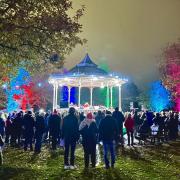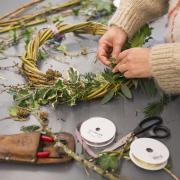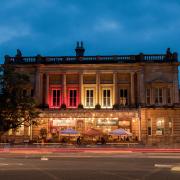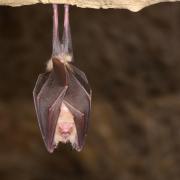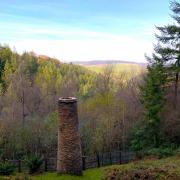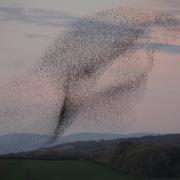Somerset is a region known for its rich rural heritage. From wassailing to willow weaving, our county positions itself at the forefront of an array of pastoral practices being kept alive. This stems not only from a desire to keep traditions flourishing but also from necessity, as we become more environmentally aware of how damaging some modern practices can be. One such joyful celebration of rural life - embracing tradition and driven by the ethos of sustainability - is the Green Scythe Fair, held this year on Sunday June 9 at Thorney Lakes, Muchelney. The Green Scythe Fair began in the early 2000s when the South Somerset Green Fair and the West Country Scythe Festival were merged, with the aim of raising environmental awareness and promoting sustainable communities, as well as celebrating the emerging traditional activity of scything.
It is this practice in particular that lies at the core of the Fair. Given a 5m x 5m area of long grass, scything competitors are judged not only on speed but the quality of their work. There is a main category, plus categories for men, women, veterans and English Scythes (as opposed to the more common continental version). And to showcase modern methods versus traditional, there is even a Scythe v Strimmer demonstration. The former usually wins, proving the old ways really are the best.

To find out more about what the Green Scythe Fair involves, beyond this skilful practice of grass cutting, I spoke to Francis Blake, who has been Chair of the Fair Committee for last decade. Francis has been involved in the environment all his working life, having been an organic farmer and worked for the Soil Association. His passion for the Fair is evident in the pride with which he describes the work involved behind the scenes to make it such a success. In order to adhere to the Fair’s principles of sustainability, for example, most of the set-up work is done by horse and cart, and the Fair itself is powered by the wind and the sun, with a green energy trailer powering music throughout the day (there are two music stages) and lights in the evening. They have an ethical trading policy for all stallholders and there is a vast range to choose from. Some sell products made from wood, glass, felt, wool and leather, others provide furniture, textiles or home produce. And no one goes hungry or thirsty with the array of refreshments on hand, particularly from the Green Info Café which offers teas, coffees (heating its water sustainably in wood fired urns and rocket stoves), soft drinks and cakes, all run by volunteers.

Indeed, like all country fairs, volunteers are the backbone of the Green Scythe Fair. They are involved in the set-up, in bars and cafés, as stewards, litter pickers and informative points of contact. The set-up of the Fair’s infrastructure itself is such an enormous feat that, in order to maximise use of the site, courses and workshops are also run the day before. These teach participants rural crafts such as pottery, spoon carving and rope making, as well as an introduction to scything and an improvers masterclass. In addition, community workshops are run on environmental themes and topical debates. Debate is key to raising environmental awareness in general and Chair Francis Blake hosts a ‘parley’ on the day of the fair itself, to air a relevant sustainability subject. It has been given the name ‘parley’ in order to reduce the combative nature perhaps otherwise seen in a more formal debate. Three participants are invited to make a brief presentation, then take part in a structured discussion, followed by contributions from the floor. Francis says: ‘We want to put emphasis on achieving some agreement on the topical environmental issue we’ve chosen to discuss. We are all working towards ending the Parley with as much consensus as we can muster; the idea is to find common ground between two opposing sides.’

As far as attendees to the fair are concerned, competitors for the scything competition come from all over the South West. However, the fair’s organisers are conscious of long-distance travel and its negative impact on their environmental ethos. Francis Blake admits that getting to the fair is the most environmentally ‘expensive’ aspect – for instance around 1000 cars could potentially make a 40-mile return journey - but that they are taking a number of steps to rectify this impact. The fair lays on buses from Wells, Taunton, Yeovil at subsidised prices (tickets can be bought in advance online) and cyclists are encouraged. In addition, the latter benefit from a reduced rate as well as free MOTs offered on site by bike mechanics. One of the most fun ways of getting to the fair is by boat. Visitors can travel in style on the refurbished solar-powered ferry, the Duchess of Cocklemoor, along the River Parrett from Langport to Midelney. Here horse-drawn transport completes the journey across the fields to the fair itself, a popular option that sells out quickly. Using profit made from the fair’s proceeds, grants are given to charitable causes. These might include a wildlife pond for a local primary school, or a grant to buy some scythes for a charity that supports adults with learning disabilities, boosting sustainable practices and enabling this wonderful rural tradition to stay alive.
To find out more and book your tickets in advance visit greenfair.org.uk




